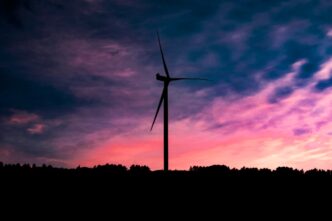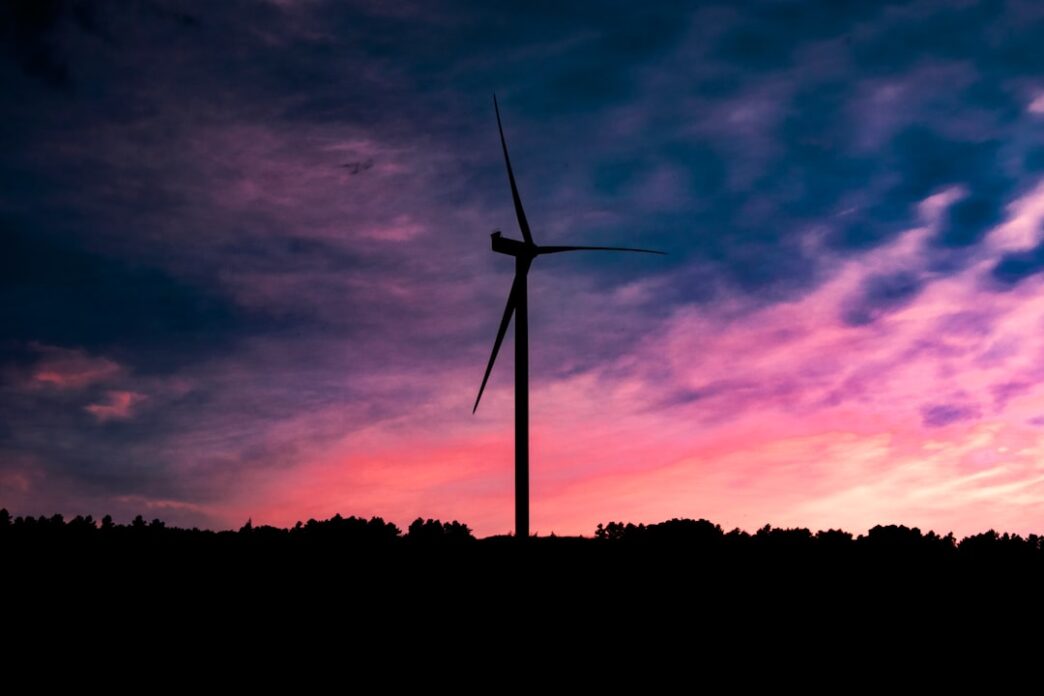In the shadows of the booming renewable energy sector lies a burgeoning black market that raises troubling questions about equity, access, and legitimacy. As governments worldwide push for greener alternatives to fossil fuels, the demand for solar panels, wind turbines, and electric vehicle batteries has accelerated. However, the race to secure these resources has birthed an underground economy that complicates the narrative of sustainability.
Take, for instance, the case of small-scale solar panel installation in rural India. The Indian government has made significant strides in promoting solar energy through subsidies and tax incentives. Yet, the very success of this initiative has also led to a surge in illicit imports of low-quality solar panels. Reports from organizations like the World Bank indicate that these substandard products often fail to meet safety standards, leaving users vulnerable to electrical failures and fires. The irony is hard to ignore: in a bid to escape the clutches of fossil fuel dependency, many are turning to a dangerous alternative that ultimately undermines the sustainable energy objectives.
In Brazil, a different scenario plays out. The country’s Amazon rainforest, often celebrated as the lungs of the Earth, has become a battleground for both legitimate environmental defenders and illegal miners looking to exploit its resources. The latter’s operations are often shrouded in secrecy and pay little heed to environmental regulations. This black market mining not only jeopardizes biodiversity but also contributes to significant carbon emissions, counteracting the very essence of green energy initiatives that Brazil is trying to champion.
The implications of these markets extend beyond mere environmental concerns. The disparity between those who can afford certified green technologies and those who cannot creates a chasm of economic inequality. Wealthier urban residents may benefit from high-quality installations, while impoverished rural communities are left to fend for themselves in the murky waters of the black market. As a result, the promise of accessible renewable energy becomes an unattainable dream for many, perpetuating cycles of poverty and energy insecurity.
Trade policy plays a crucial role in mitigating or exacerbating these challenges. Countries attempting to implement tariffs on imported solar technology to protect their local industries may inadvertently fuel the black market. When legitimate access becomes restricted or too costly, the appeal of unregulated alternatives increases significantly. Policymakers need to strike a balance that encourages sustainable practices while ensuring equitable access to renewable energy technologies.
Further complicating this narrative is the advance of blockchain technology, which some argue could provide solutions to track the provenance of renewable energy products. By verifying the origins of solar panels or wind turbines, blockchain could reduce the prevalence of black market goods. However, the technology is not a panacea. Access to the technology itself and the necessary infrastructure remains uneven across regions, further entrenching existing disparities.
As nations grapple with the challenges of transitioning to a greener economy, a multifaceted approach is imperative. Addressing the black market for green energy requires not only stringent regulations and enforcement but also community engagement and education. Without a concerted effort to ensure that all citizens have equitable access to reliable and safe renewable energy solutions, the promise of a sustainable future risks being overshadowed by the pitfalls of an unregulated, inequitable marketplace.













